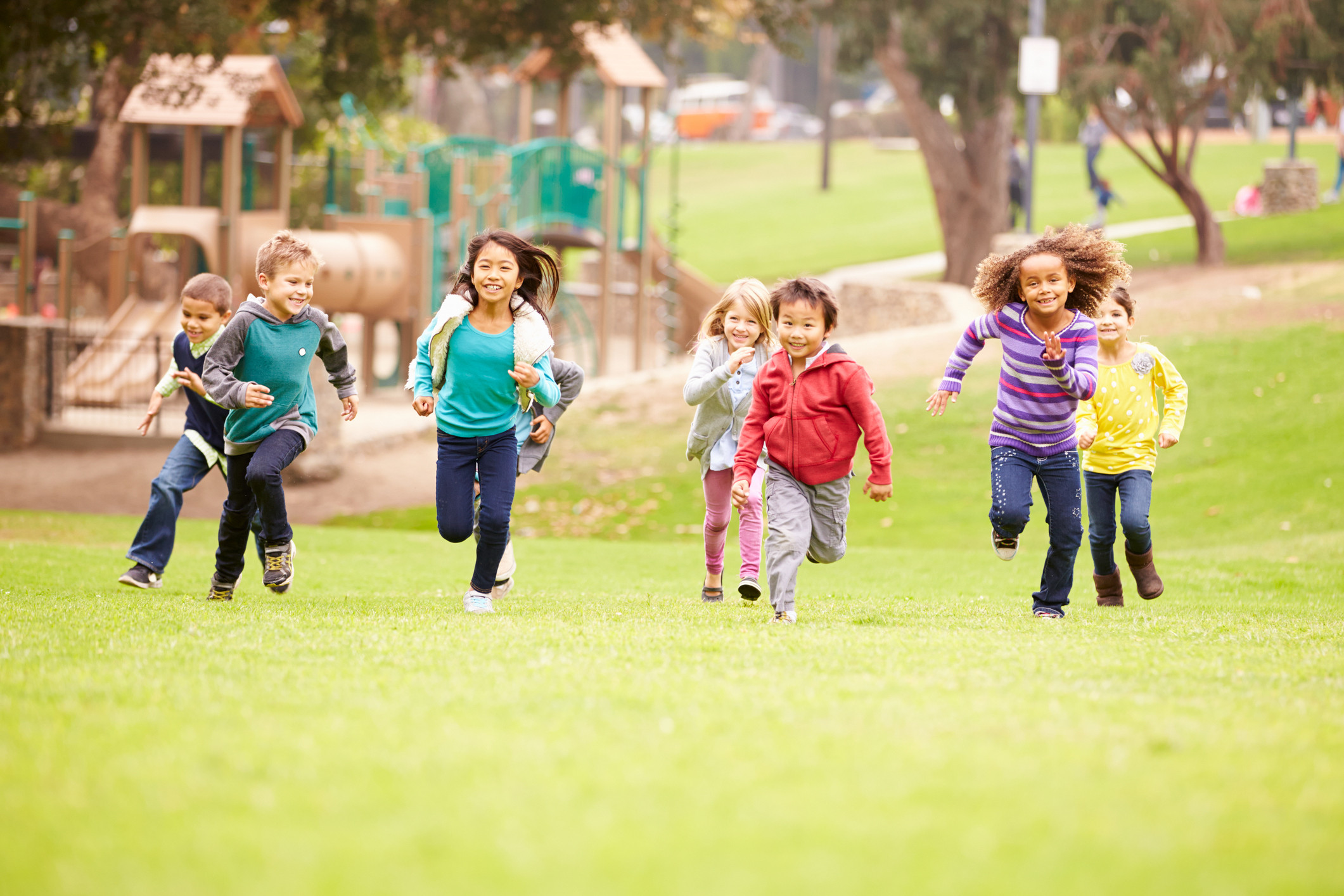
5 timeless habits for better health

What are the symptoms of prostate cancer?

Is your breakfast cereal healthy?

When pain signals an emergency: Symptoms you should never ignore

Does exercise give you energy?

Acupuncture for pain relief: How it works and what to expect

How to avoid jet lag: Tips for staying alert when you travel

Biofeedback therapy: How it works and how it can help relieve pain

Best vitamins and minerals for energy

Should you take probiotics with antibiotics?
Child & Teen Health Archive
Articles
Need to revisit screen time?
Restrictions caused by the pandemic have led both adults and children to spend a lot of time on screens. It’s not great for adults, and it’s more of a concern for kids because too much screen time has effects on behavior, learning, and mood. So, what steps can parents take to change this?
New dietary guidelines: Any changes for infants, children, and teens?
Executive function in children: Why it matters and how to help
Although executive function skills begin to develop in the first year of life, the time at which children reach these milestones varies. Some children experience challenges or delays related to their executive function skills, but these skills can be improved through evidence-based interventions.
Gender fluidity: What it means and why support matters
Gender fluidity refers to changes over time in gender identity and gender expression. For many people, gender identity and expression develop early and stay the same; for others, one or both may change. Understanding and supporting young people exploring gender is important to their emotional and physical well-being.
Defusing the “Benadryl challenge”: Discussing danger with teens
Viral challenges encourage risky behavior in teens with potentially serious consequences. The reasons teens do things like this are rooted in the development process of the adolescent brain, and adults need to understand why such challenges appeal to teens in order to talk to them about why they aren’t safe.
Making special education work for your child during COVID-19
The pandemic has forced parents everywhere to face problems that don’t have clear solutions regarding their children’s schooling. For parents of children with disabilities who receive special education, these concerns are even more challenging, and parental choices are even more difficult.
Beyond trick-or-treating: Safe Halloween fun during the COVID-19 pandemic
Celebrating Halloween by going trick-or-treating or attending a party could be very risky this year. Here are tips to help you and your family stay safe while having fun.
Cultivating joy as a family
The pandemic has been difficult for everyone, but particularly for families. Everyone is feeling so much uncertainty and stress, but one thing we can do is look for ways to create small moments of joy every day. Games, activities, creativity, being outdoors — there are simple, fun ways to be together and make memories.
As family well-being declines, so does children’s behavior
The COVID-19 pandemic is affecting the mental health of people who have not been sick, and parents are being hit particularly hard. A survey of US parents found that these worsening circumstances also affect children’s behavior.

5 timeless habits for better health

What are the symptoms of prostate cancer?

Is your breakfast cereal healthy?

When pain signals an emergency: Symptoms you should never ignore

Does exercise give you energy?

Acupuncture for pain relief: How it works and what to expect

How to avoid jet lag: Tips for staying alert when you travel

Biofeedback therapy: How it works and how it can help relieve pain

Best vitamins and minerals for energy

Should you take probiotics with antibiotics?
Free Healthbeat Signup
Get the latest in health news delivered to your inbox!
Sign Up











